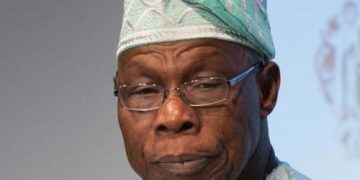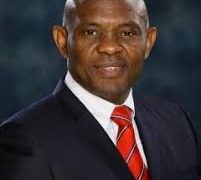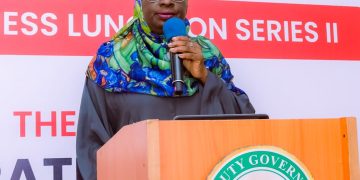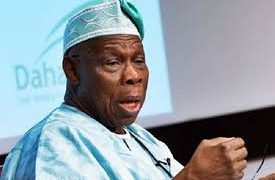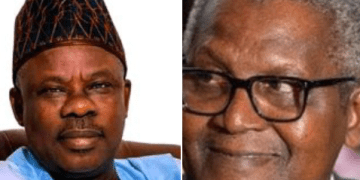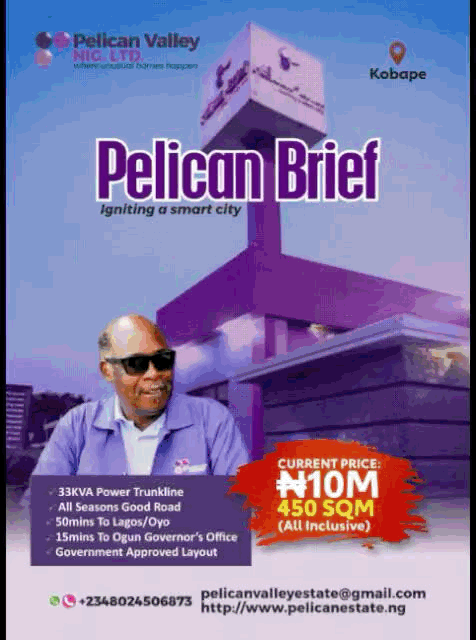Even more concerning are the attempts by security agents to intimidate me from expressing my views. Since yesterday, unidentified individuals—claiming to be security personnel—have tried tracing my phone number. One even called this morning, hurling curses and insults, questioning my intelligence simply because I disagreed with their narrative
By Timothy Odedina
In recent times, Nigerian social media has become a hostile space where dissent is met with aggression, bullying, and even threats. The case involving singer Portable and Fuji star Saheed Osupa has once again exposed the deeply ingrained intolerance for opposing views, as well as the dangerous trend of using power, money, and influence to suppress others. What is more alarming is how quickly people rally behind oppression when it aligns with their sentiments, rather than standing for justice and fairness.
Yesterday, I shared my perspective on the arrest of Portable by the Kwara State Police Command, questioning why a defamation case originating from Lagos or Ogun State had to be pursued in Kwara. My stance was clear: while I do not condone Portable’s often controversial behaviour, no individual should wield the power to punish others simply because they have the means to do so.
To my surprise, expressing this reasonable opinion triggered a wave of attacks. Social media users—particularly fans of Osupa—flooded my accounts with insults, reported my posts, and even circulated screenshots of my comments in group chats to incite further harassment. The backlash was so intense that I was forced to change my TikTok username and make all my accounts private.
I commend the Kwara State Commissioner of Police, CP Adekimi Ojo, for handling the matter professionally. Reports indicate that he sought to mediate between the two parties, but Osupa refused an out-of-court settlement. Portable was not unlawfully detained and was promptly taken to court—a testament to due process.
However, what troubles me most is how quickly society sides with oppressors when they are influential. Many Nigerians believe Portable “deserves” punishment simply for daring to challenge a “legend.” This mentality reflects a militarized mindset—where might make right, and dissent is crushed rather than debated.
To those who tried to silence me: I stand by my words. To the security agents who sought to intimidate me: Your job is to protect citizens, not harass them. And to the Nigerian youth: Wisdom is not in mob mentality but in the courage to think for yourselves
Even more concerning are the attempts by security agents to intimidate me from expressing my views. Since yesterday, unidentified individuals—claiming to be security personnel—have tried tracing my phone number. One even called this morning, hurling curses and insults, questioning my intelligence simply because I disagreed with their narrative.
This raises serious questions: Since when did holding an opinion become a crime? Since when did law enforcement agents become enforcers of personal vendettas rather than protectors of justice?
The real issue here is the alarming lack of critical thinking among many Nigerian youths. Instead of engaging in reasoned debate, they resort to emotional reactions, online bullying, and silencing tactics. If you dare oppose the “popular opinion,” you are labelled, harassed, and driven off social media.
This culture is dangerous. When people cannot express dissenting views without fear of retaliation, we are no longer in a democracy but in a mob-ruled society. Worse still, when security agents join in this harassment, it sets a chilling precedent for freedom of speech.
A society that punishes independent thought is doomed to mediocrity. True progress requires open discourse, tolerance for differing opinions, and a justice system that serves the people—not the powerful.
To those who tried to silence me: I stand by my words. To the security agents who sought to intimidate me: Your job is to protect citizens, not harass them. And to the Nigerian youth: Wisdom is not in mob mentality but in the courage to think for yourselves.
We must do better. The future of Nigeria depends on it.
•Opinions, positions or thoughts expressed here are personal and strictly of the writer/ author and do not represent the views of The Daily Crucible.


